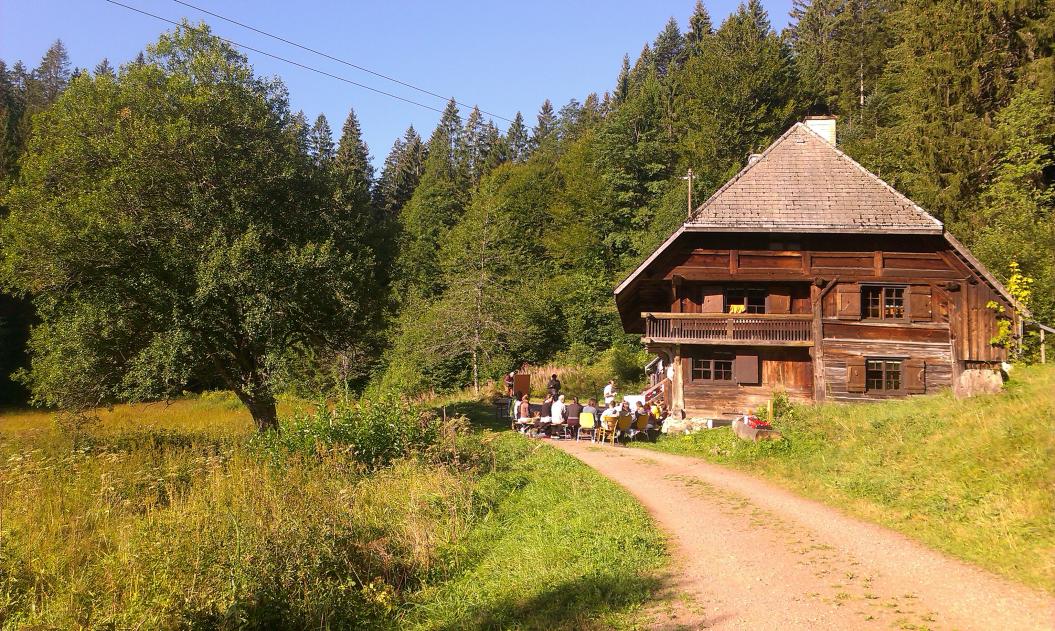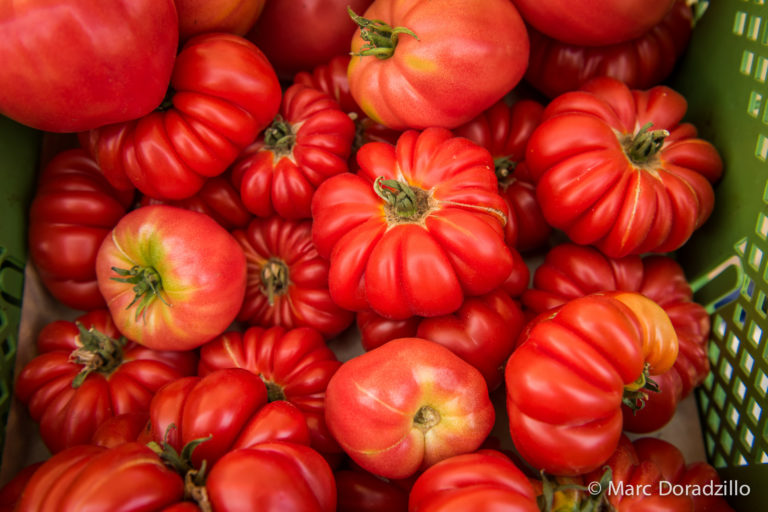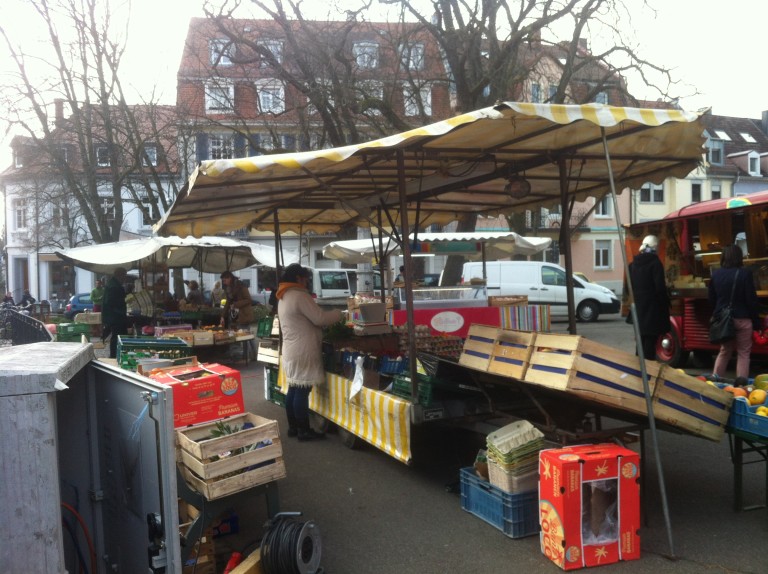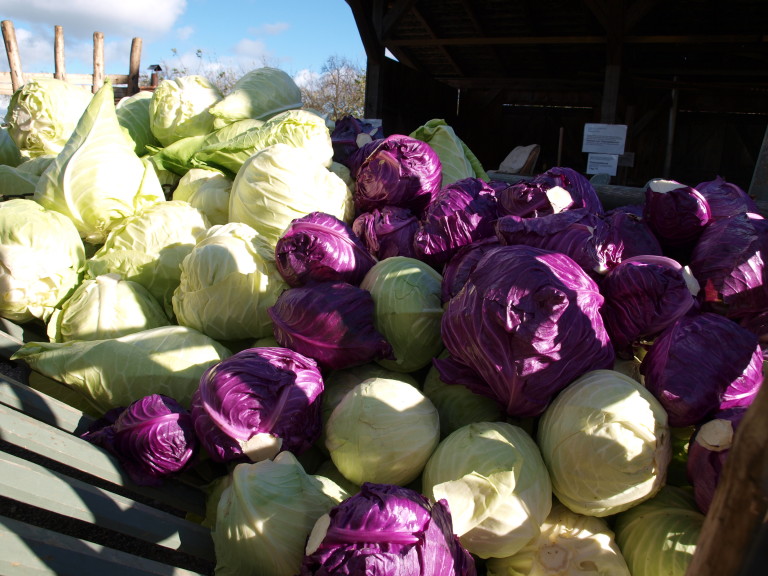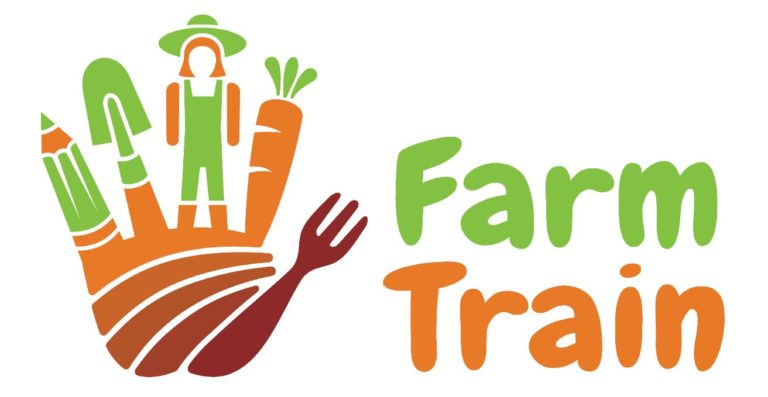From peasant agriculture to regional supply economy
Functional properties of peasant economies as key factors for the design of a regional food supply – Publication by Christian Hiss, Frieder Thomas and Andrea Heistinger (2017)
From the foreword: There are a variety of different initiatives promoting a re-orientation towards non-industrial agriculture. This phenomena is not only occurring in Germany, Austria and Europe, but also worldwide. Regionalisation and environmental sustainability are its two key features. Peasant agriculture is often used as an umbrella term and we believe that it is a central concept.
However, a differentiated description is needed to delineate this term more clearly from fiction, traditional images and appropriation through the advertising of industrial products.In dealing with peasant economies in Germany and Austria, first of all, we have traced its central functional socio-economic characteristics in order to create a clear understanding of
its social and economic organisation and development. In a second step, we describe which characteristics have changed and define the areas
where today’s agriculture no longer complies with peasant principles even if many still speak of peasants or peasant agriculture. In a third step, we show that characteristics of peasant economies can be re-interpreted and
re-designed. We outline some of the existing approaches that are considered to be practical alternatives to industrial agriculture.
We propose a simple check list to ascertain to what extent current projects are already applying the functional characteristics of peasant economies and renewing them. This creates a contemporary phenomenological character of peasant agriculture.
Download pdf:


